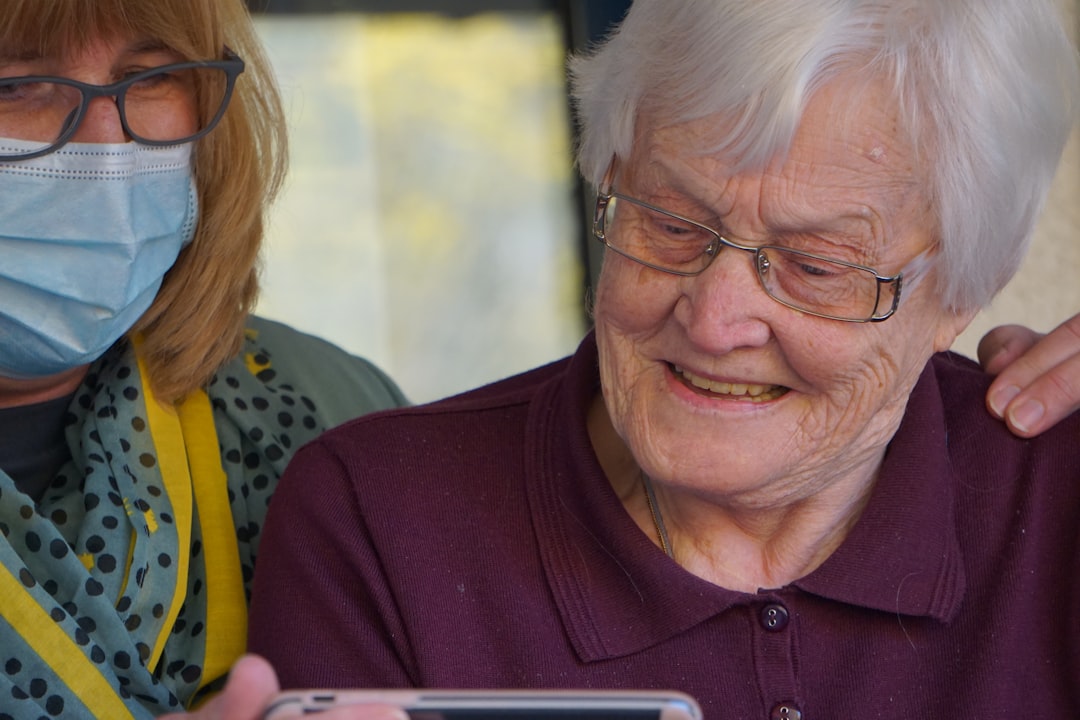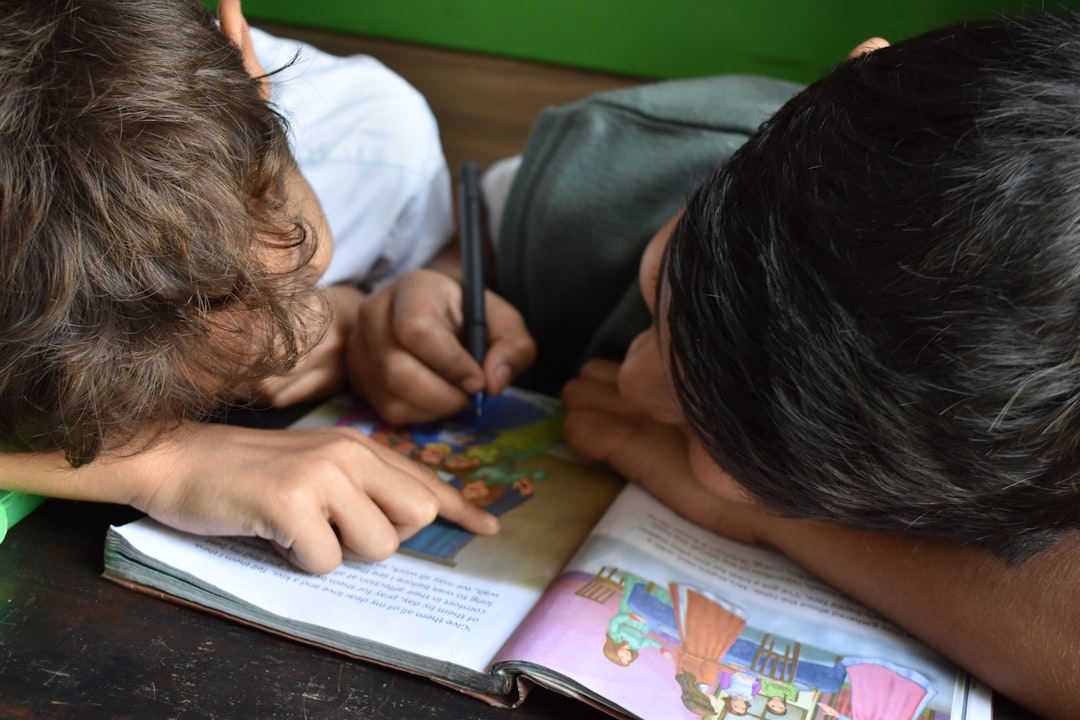What is it about?
A robust identity is foundational for good psychological health. Perceptions and aspects of one’s identity can help or hinder recovery and rehabilitation post-trauma. This study from the Republic of Ireland, explores how men farmers who became amputees due to traumatic farming accidents understand and experience their post-trauma identity. Specifically, the intersection of farmer identity, lower limb amputee identity, gender identity and post-trauma identity.
Featured Image

Photo by Spencer Scott Pugh on Unsplash
Why is it important?
Farming is classed as the most dangerous occupation in the western world. Farmers are an under-researched population and the relationship between farming, amputee experiences, trauma and aspects of identity such as gender have not been explored previously. This study provides valuable insights into the psychosocial experiences of this formerly unexplored and under-researched population. Both the findings and limitations of this study offer a platform for clinical implications and a justification for future research.
Perspectives
I hope this article brings further attention to the highly risky and hazardous nature of farming as an occupation. Furthermore, I hope the findings yield useful insights into the intersection of identities and trauma whilst generating opportunity for further research and clinical frameworks. The rich perspectives of the men amputee farmers generously shared for this research has greatly enhanced my practice both as a clinician and researcher and for that I am exceptionally grateful.
Dr Michelle O'Loughlin
University of Dublin Trinity College
Read the Original
This page is a summary of: Men farmers’ experiences of identity following lower limb amputation due to traumatic farming accidents: An interpretative phenomenological study., Traumatology An International Journal, October 2023, American Psychological Association (APA),
DOI: 10.1037/trm0000485.
You can read the full text:
Contributors
The following have contributed to this page










